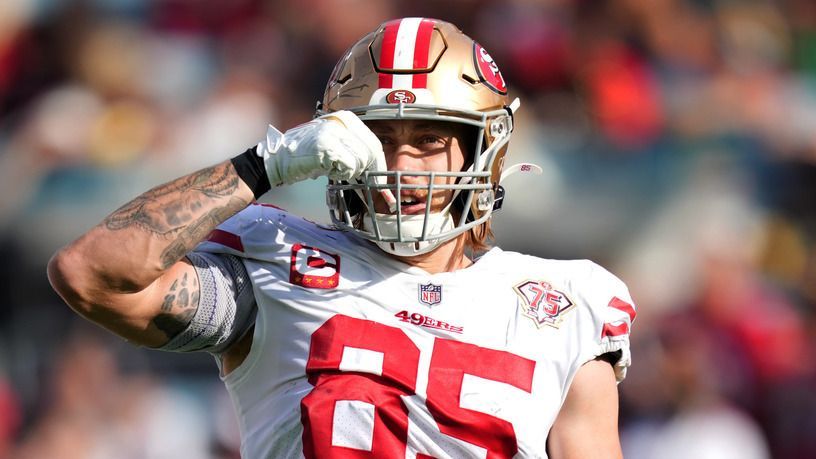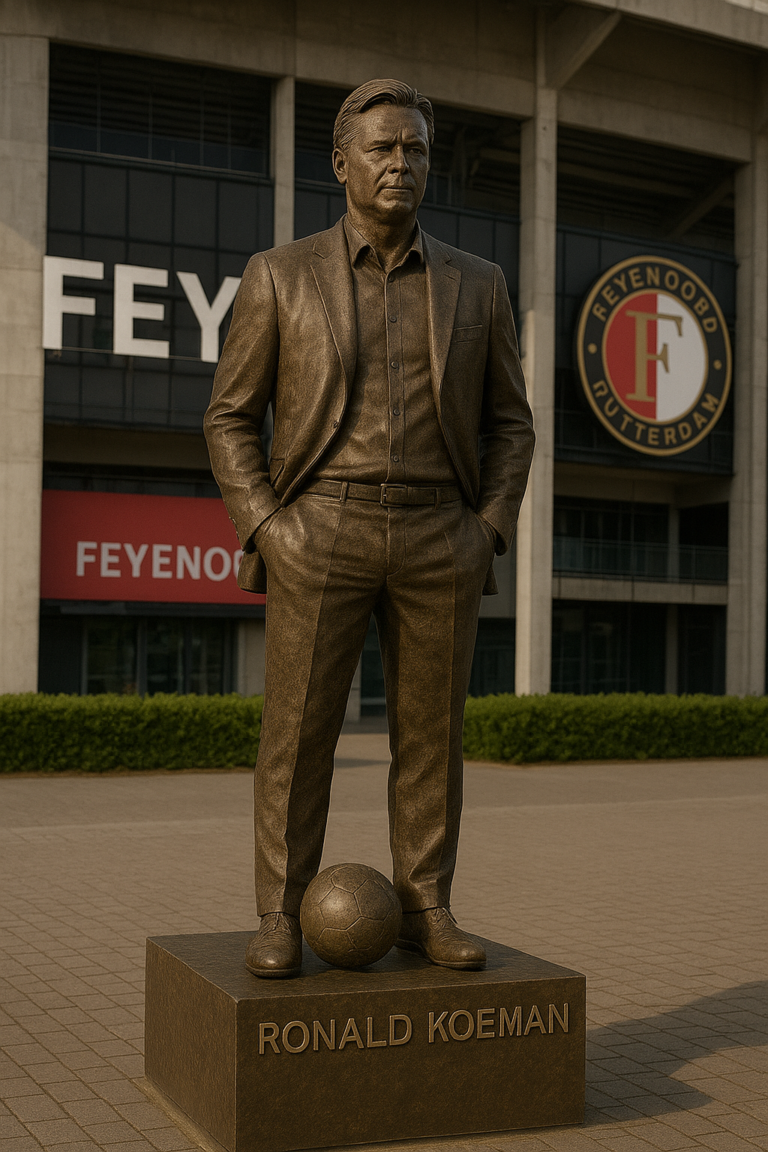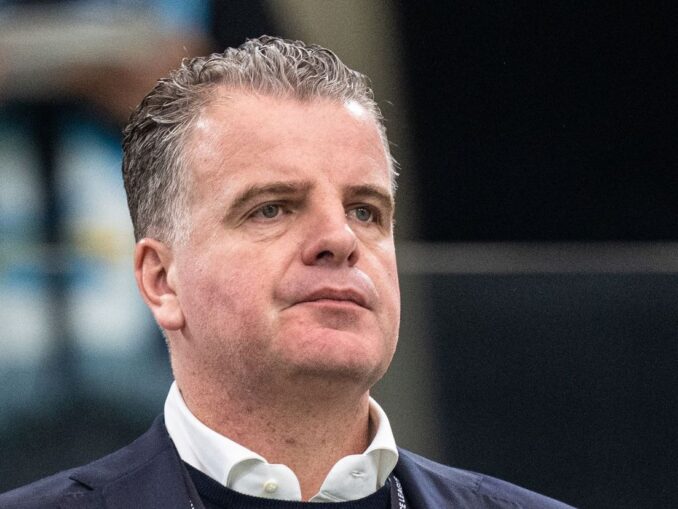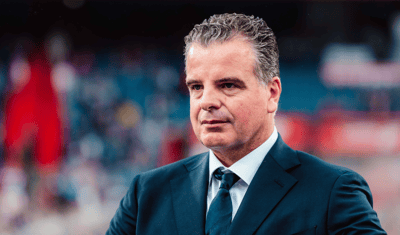
San Francisco 49ers star tight end George Kittle recently opened up about a difficult moment in his career when he seriously considered retirement. The contemplation came after the NFL issued a memo banning the use of ammonia inhalants and smelling salts, substances that many players, including Kittle, have long relied on as part of their pre-game and in-game routines.
Kittle, widely regarded as one of the premier tight ends in the league, spoke candidly about how integral these inhalants were to his preparation and mental focus. Known for his fierce competitiveness and physical style of play, Kittle has often used smelling salts to sharpen his senses and ready himself for the demands of the game. The sudden prohibition by the league not only disrupted his routine but also led him to question his ability to perform at the highest level without this familiar aid.
In interviews, Kittle described the ban as a significant adjustment and an unexpected challenge. For an athlete accustomed to finely tuned rituals that help maximize performance, the loss of ammonia inhalants felt like losing a trusted tool. The uncertainty around how to replace this element of his preparation contributed to a period of reflection about his future in the sport.
While the thought of retirement was fleeting, it highlighted the emotional and psychological toll that changes in league policies can have on players. Kittle’s openness sheds light on how professional athletes often navigate not just physical hurdles but also mental and emotional obstacles in their careers. The decision to continue playing despite these setbacks speaks to his resilience and dedication to the game.
The NFL’s ban on ammonia inhalants was part of a broader effort to regulate substances used on the field, aimed at promoting player safety and fairness. However, the move sparked debate among players and analysts about the balance between safety measures and respecting the routines that help athletes perform. Some argued that inhalants, while providing a quick stimulant effect, pose potential health risks, justifying the league’s caution.
Kittle’s revelation has sparked conversations across the NFL community, with fellow players, coaches, and fans expressing support and empathy for the challenges posed by such policy changes. It also underscores the importance of mental health and well-being in professional sports, areas that have gained increasing attention in recent years.
As Kittle adapts to this new reality, he has emphasized the importance of finding alternative ways to prepare and maintain his competitive edge. His commitment to evolving and overcoming obstacles reflects the mindset of a true competitor who is willing to adjust and grow. Coaches and teammates have praised his leadership and determination, noting that his influence extends beyond the field.
Looking ahead, Kittle remains focused on contributing to the 49ers’ success and continuing to build his legacy. His experience serves as a reminder of the complexities professional athletes face and the perseverance required to thrive at the highest levels of competition. Fans and observers will undoubtedly watch closely as Kittle navigates this next chapter in his career, inspired by his candidness and strength in confronting adversity.






